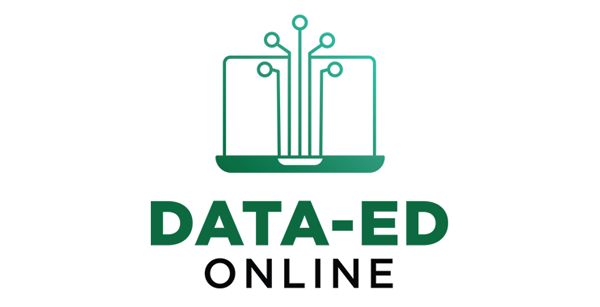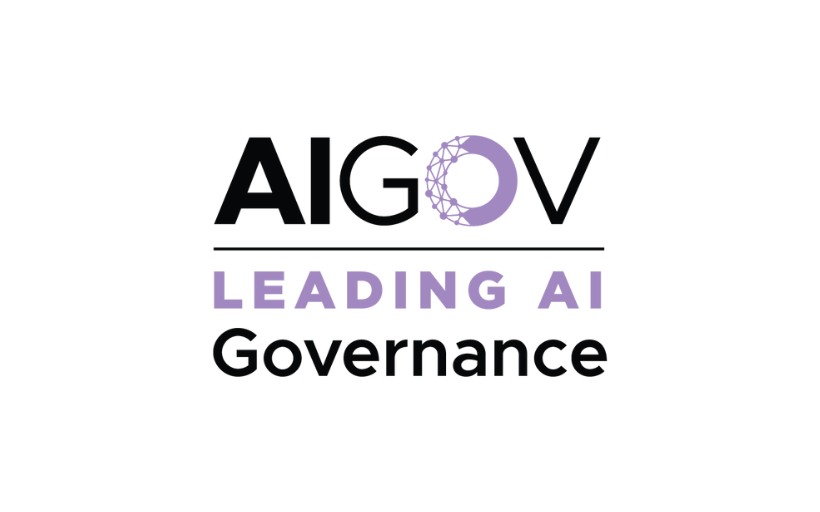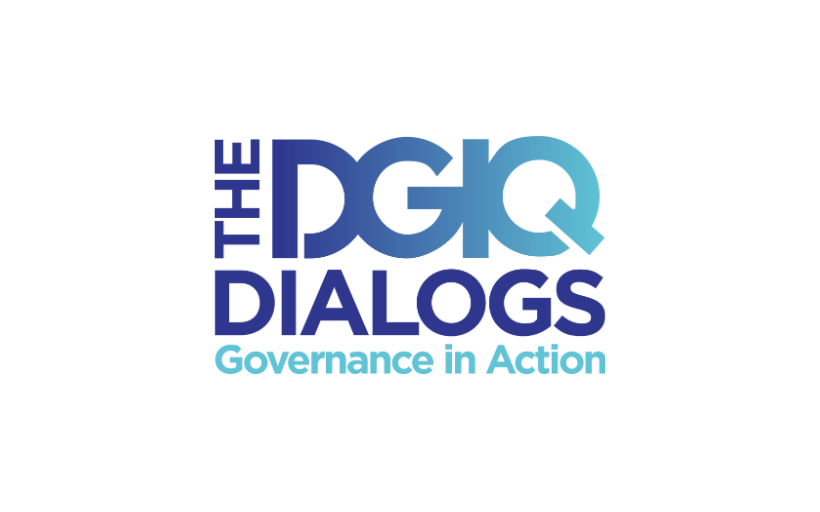Data Education Month Is Here. So Is Our Biggest Sale of the Year.
Every year, we make it easier to invest in your data career.
The certifications, training, and events that move careers forward are all on sale up to 50% off, for one month only.
50% off Essential Annual Subscription with code ESSENTIAL50
25% off DATAVERSITY Training Center purchases with code DATAEDU
15% off DGIQ + EDW 2026 registration with code DATAEDU
While you’re here, help us shape what comes next.
Take our 2026 Trends in Data Management Survey.













